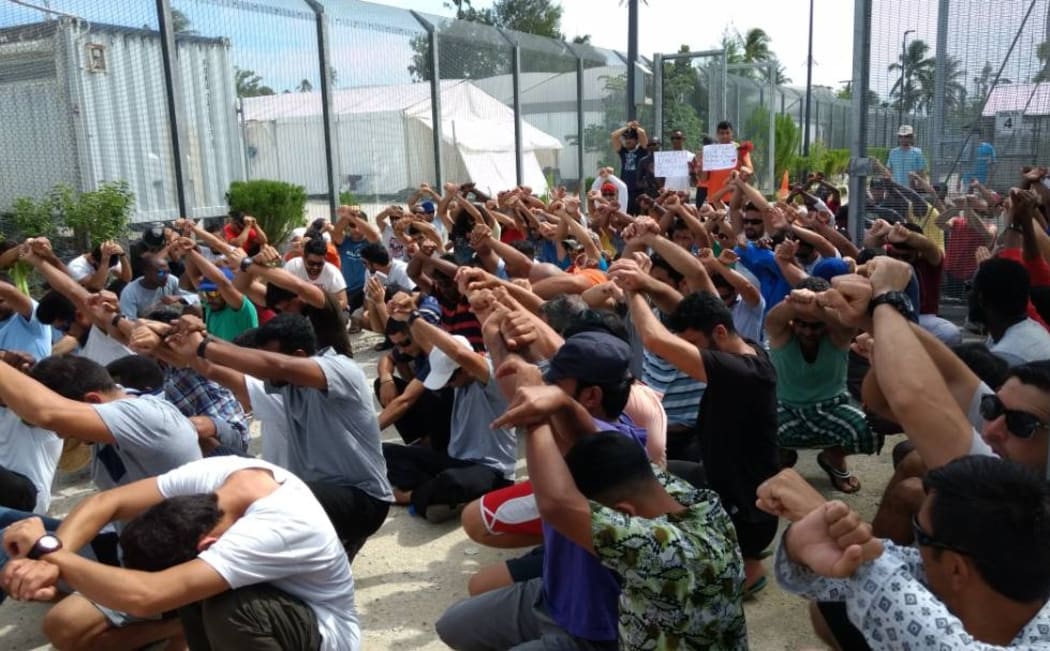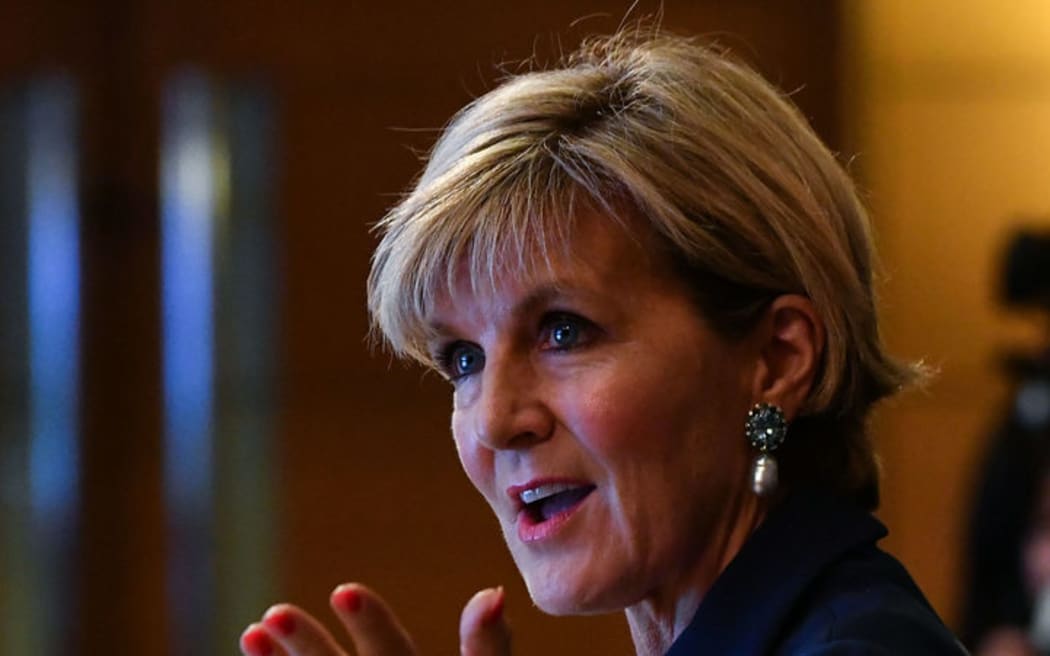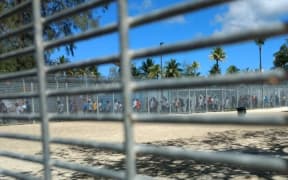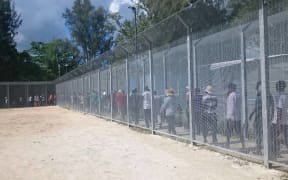A coalition of 56 NGOs has delivered what it calls a damning picture of Australia's backward slide on human rights to the United Nations Human Rights Committee in Geneva.

A protest on Manus Island Photo: Supplied
Early this morning, Australia was elected onto the 47 seat UN Human Rights Council, just as the committee was conducting its periodic review of Australia's human rights performance.
The NGOs argued that the indefinite, offshore detention of about 2000 asylum seekers, along with falling health, education and employment levels of Aboriginal peoples means Australia's once highly regarded human rights reputation has been tarnished.
The executive director of Australia's Human Rights Law Centre, Hugh de Kretser said it was hoped Australia's election to the council would inspire its government to restore its reputation as a human rights vanguard.
"That strong track record has been tarnished particularly in recent years over the mandatory detention of people who've come seeking safety to our shores. Our hope is that this election, this position on the global human rights body provides the momentum to fix some of the human rights sores that are still festering at home."
Meanwhile, Australia's Foreign Minister Julie Bishop said Australia would ensure the voices of its Pacific neighbours were heard at the UN Human Rights Council.
Ms Bishop said during its three year term Australia would focus on gender equality, freedom of expression, good governance and robust democratic institutions, human rights for indigenous peoples and strong national human rights institutions.

Australia's Foreign Minister Julie Bishop Photo: AFP
She said Australia would provide a unique Indo-Pacific perspective and ensure small states including those in the Pacific were heard.
Ms Bishop said Australia would also continue to advocate for the worldwide abolition of the death penalty, freedom of religion and for the rights of disabled and LGBTI communities.
Also elected were Angola, Congo, Senegal, Slovakia, Ukraine, Chile, Mexico, Peru, Afghanistan, Nepal, Pakistan, and Spain
Nigeria and Qatar won second terms.



